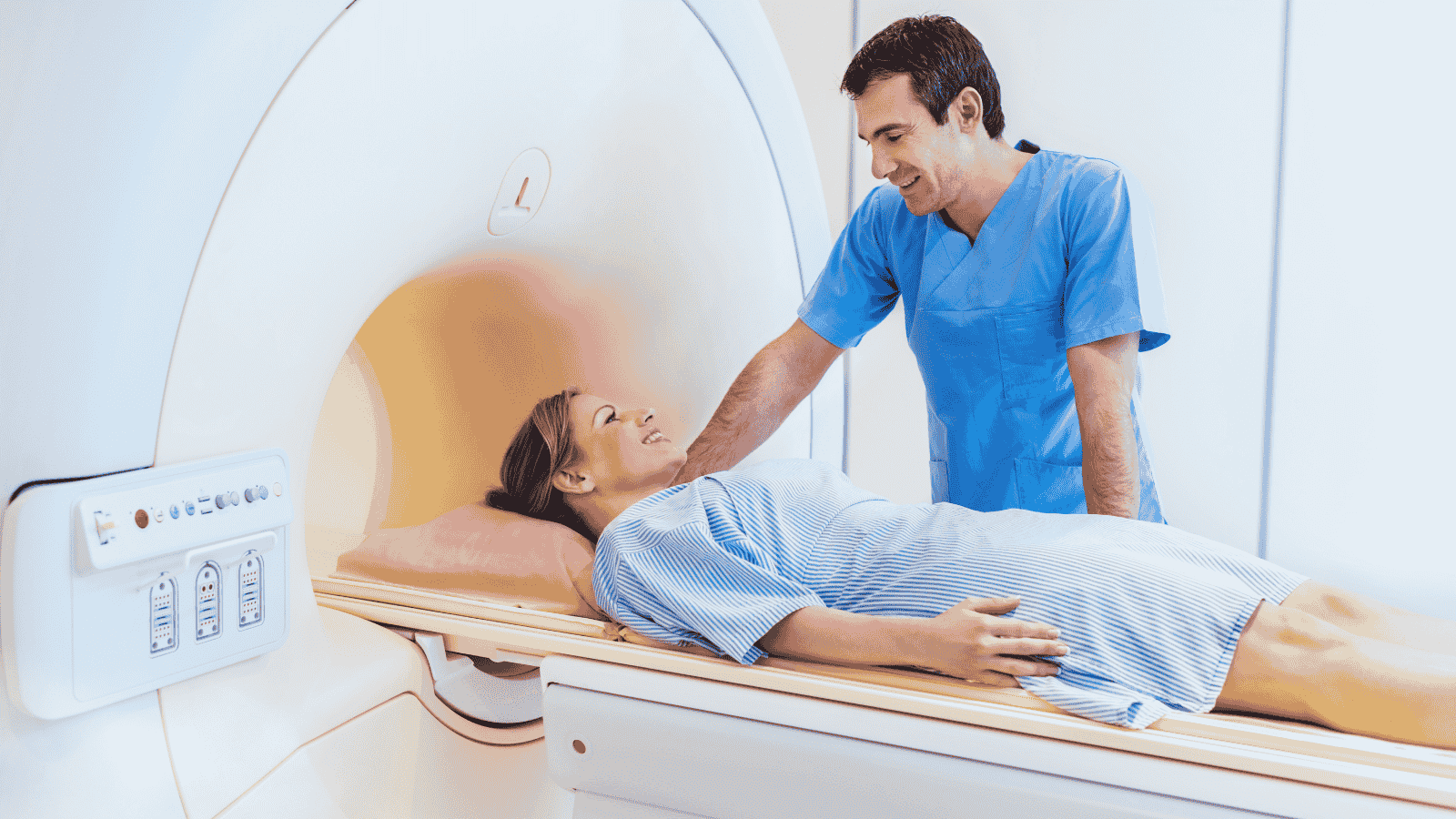Quick Appointment Form

Breast MRI
Breast MRI is one of the most precise imaging methods for diagnosing and monitoring breast cancer and other breast diseases, playing a crucial role in early detection of breast cancer and thus survival rates. With MRI, approximately 70% of breast cancers can be detected when the tumor is smaller than 1 cm.
There is no ionizing radiation exposure during breast imaging using magnetic resonance. During the scan, a contrast agent is administered intravenously to obtain clearer and more accurate images.
Why is it needed?
- To screen individuals at high risk for breast cancer
- To detect the size of benign and malignant masses, differential diagnosis, and their spread
- For staging before surgery
- To detect different tumor foci in the same or other breast
- For the definitive diagnosis of patients with inverted nipples
- To plan breast cancer surgery most appropriately for the patient
- For the diagnosis and monitoring of individuals with dense breast tissue
- To monitor breast implant (prosthesis) rupture and follow-up
- For diagnosis and monitoring of individuals carrying BRCA 1 and BRCA 2 genes
- To monitor the effects of radiotherapy applied to the breast area due to early breast cancer or other diseases
Advanced MRI Applications
- Whole Body MRI
- Cardiac MRI
- Multiparametric Prostate MRI
- Magnetic Resonance Angiography (MRA)
- Prostate MRI
- Breast MRI
- Functional MRI (fMRI)
- Dynamic Pelvic MRI and MR Defecography
- Cranial (Brain, Head, Neck) MRI
- Abdominal and Pelvic MRI
- MRI Enterography